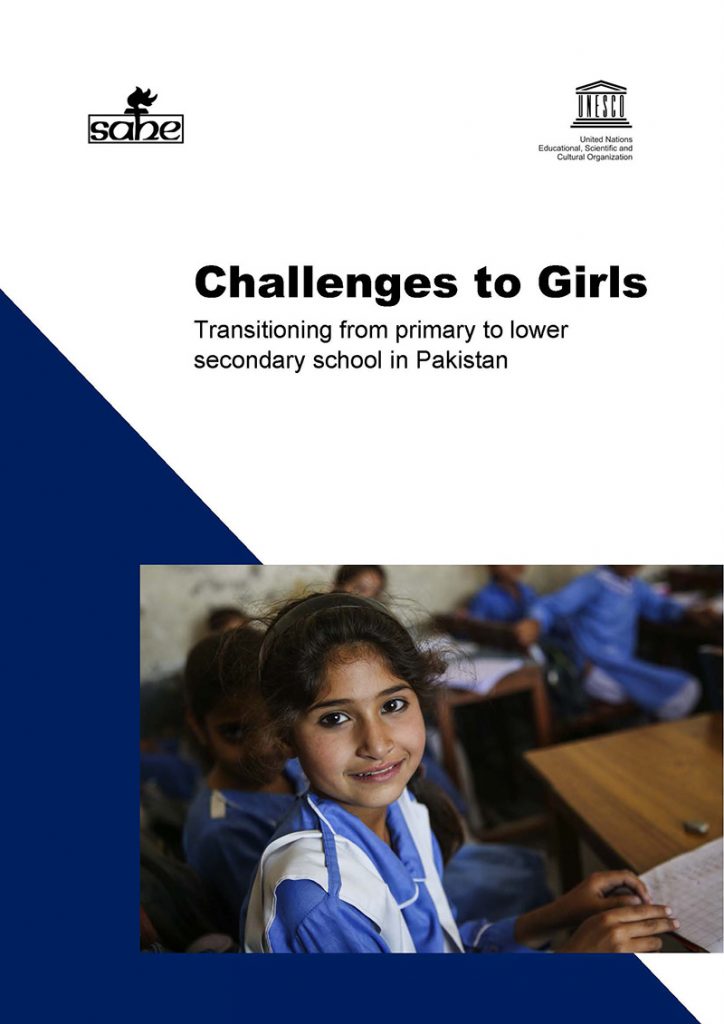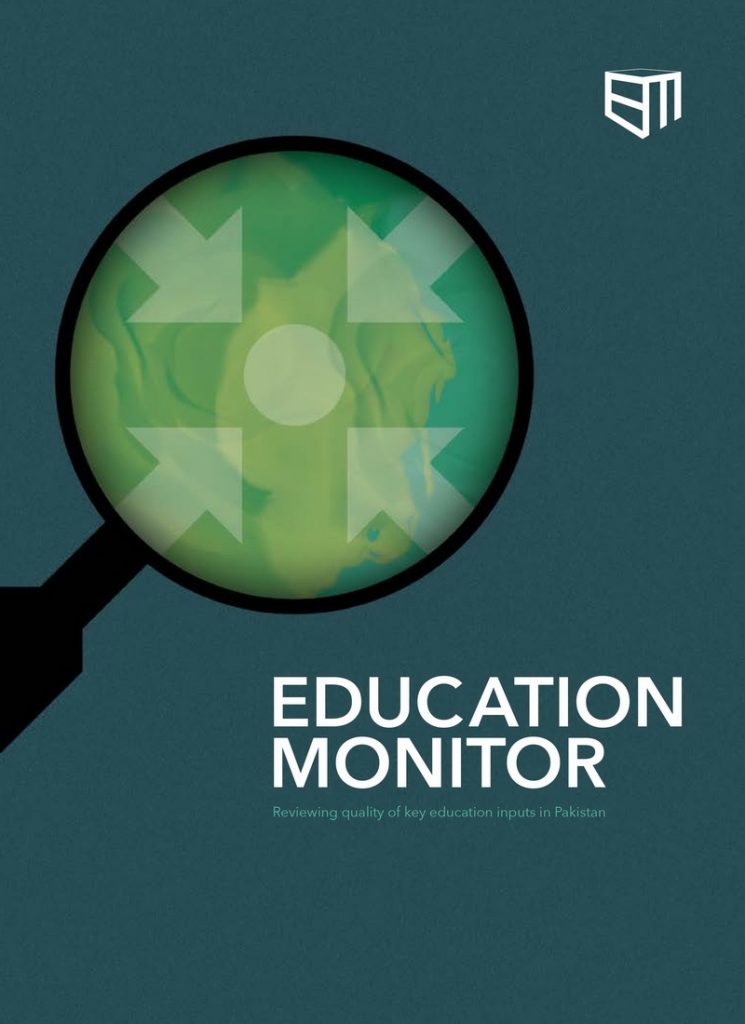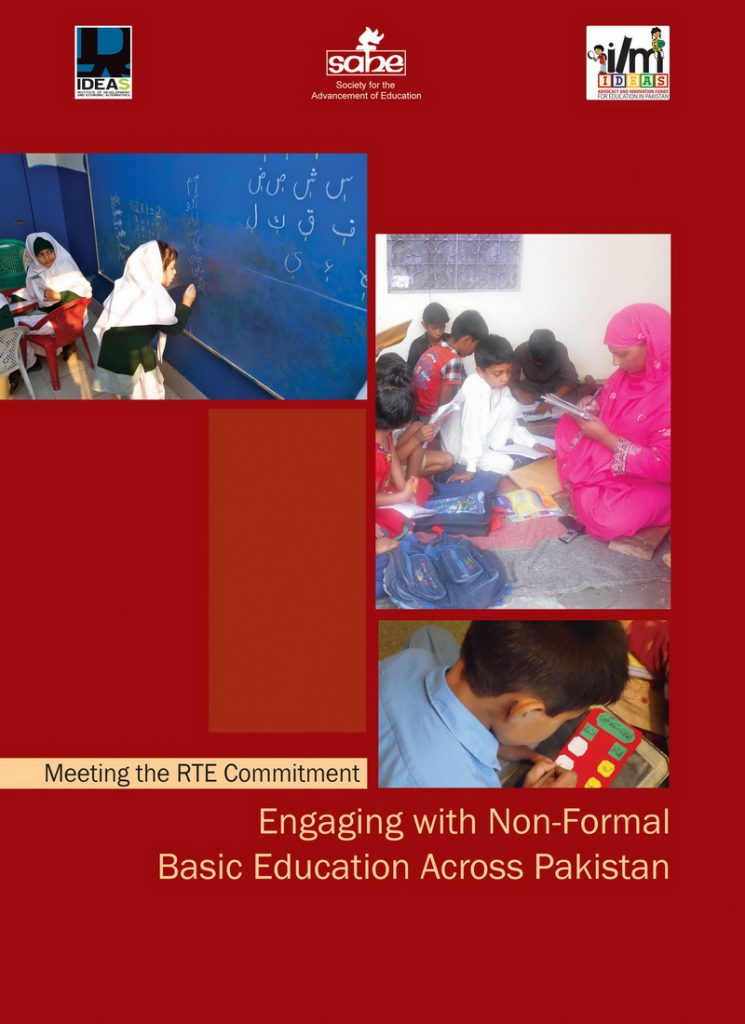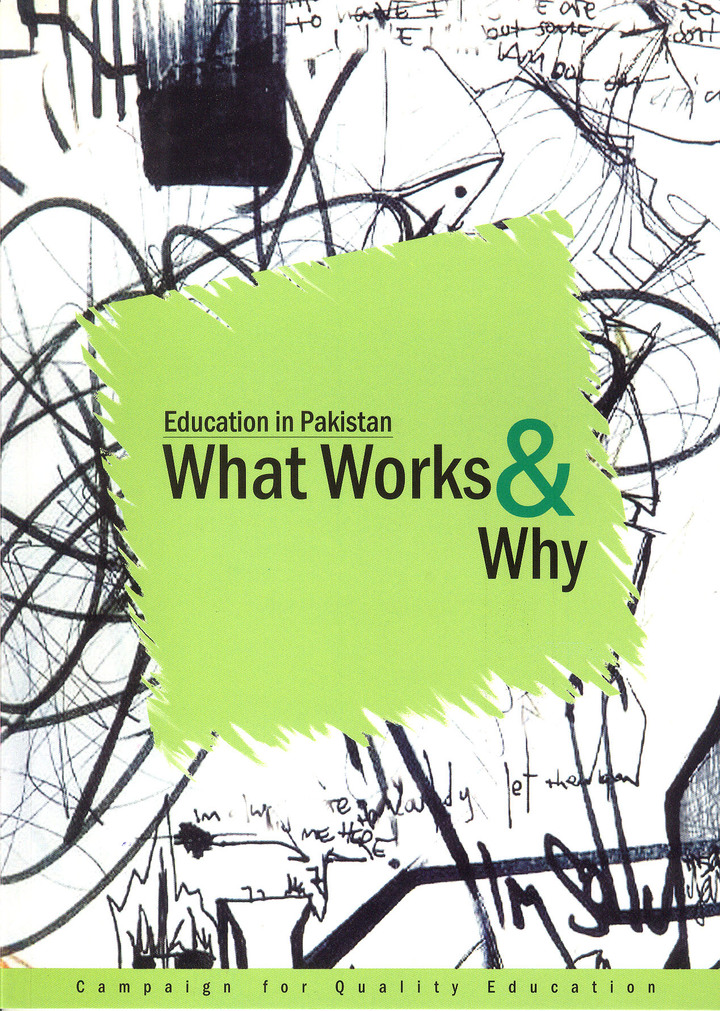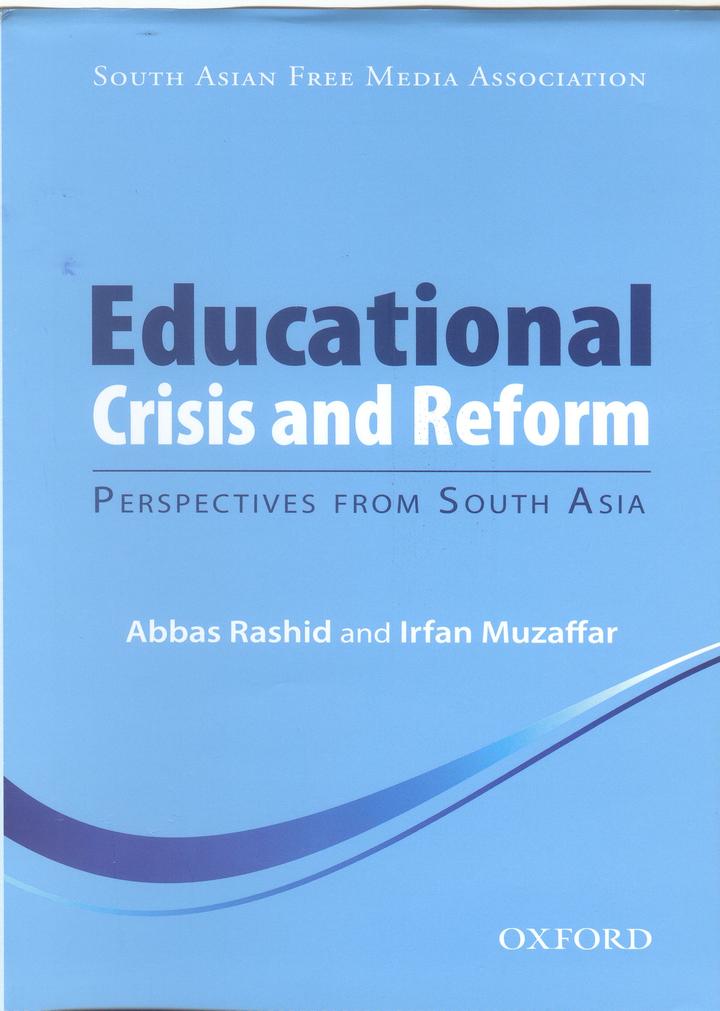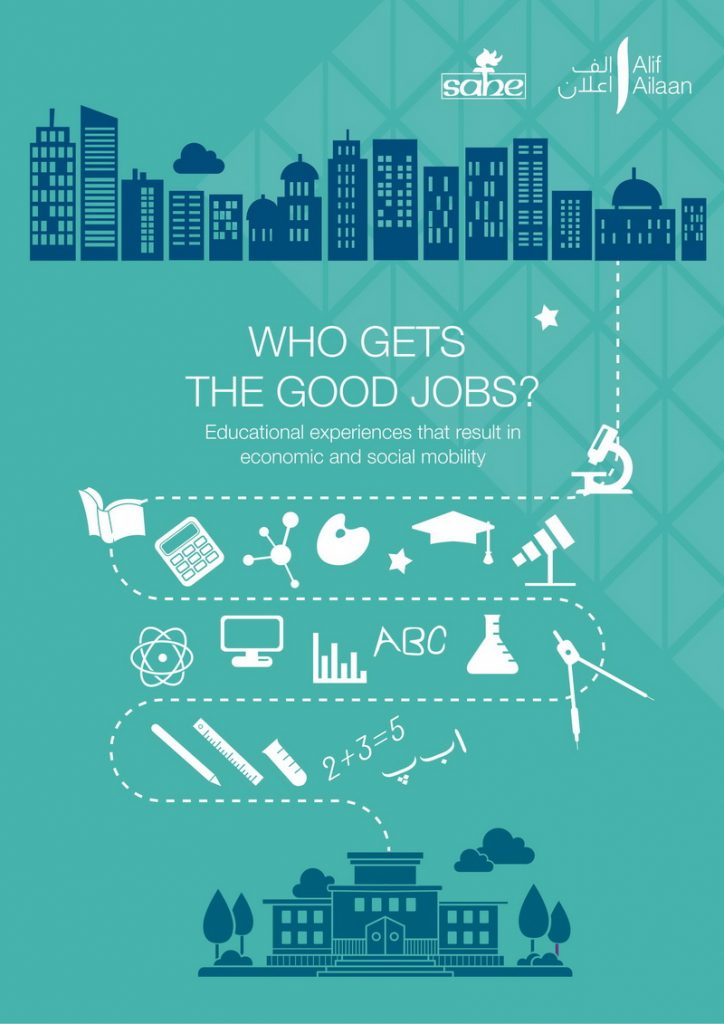Who gets the good jobs: Educational experiences that result in economic and social mobility 2016
Prior research exploring the link between educational attainment and economic opportunities has conclusively demonstrated that an individual’s salary and the number of years spent in school are strongly correlated. Few studies, however, attempt to link job prospects with quality and type of schooling. In Pakistan, rigorous research in this area has been non-existent. This study attempts to address the gap and enrich the conversation around schooling and employability by providing a statistical snapshot from a sample of formal-sector management employees from Karachi, Lahore, and Pakistan. Over 800 employees from 103 organizations were interviewed and detailed information about their job histories and educational backgrounds was solicited. Prior to the survey, five types of schools, from government low-tier schools to private top-tier schools, were established and all interviewees were placed in these categories.
The study finds that employees who went to private top-tier schools had a substantially higher starting salary than their counterparts, and ranked the highest in other critical factors that affected career prospects, including home support and exposure to English. Worryingly, the results also show that economic mobility for individuals who went to government low-tier schools was limited and wage disparity between the top tier and other tiers had widened from the 2000s. In light of these findings, the study recommends that the first priority for the government should be to devote resources towards low-tier public schools. The study highlights the need for a nationally representative household survey that could yield greater insights about employability. It also notes that a larger supply of qualified teachers who can teach effectively is paramount, and a coherent policy should be formulated for improving assessment systems as their quality diverges greatly across different tiers.
Education Monitor: The state’s engagement with the private sector-2015
Since independence the state has envisaged an important role for the private sector in education. Over the last three decades the role of private schools, especially low-cost-private schools, has grown to account for almost one third of enrollment in all education institutions across the country. Given the growing size of the private education sector, public policy is slowly shifting towards making use of the private sector to offer education as a public good through public-private partnerships. This brief summarizes the report, which analyzes the different mechanisms through which the state engages with the private sector, such as subsidies and vouchers programs through the provincial education foundations, the private management of public schools, as well as regulatory frameworks that govern this sector.
The report notes that delivering quality is a challenge in both public and private schools, and explains how using the former as the benchmark for student learning outcomes can induce a sense of complacency in the latter. It also emphasizes how the state needs to put in place institutions and processes necessary to ensure that public schools are providing education that conforms to some minimum standards as well as develop a regulatory mechanism for the private sector to encourage quality and equity without being unduly restrictive.
Education Monitor: Reviewing the Quality of Key Education Inputs in Pakistan-2014
This first edition of the Education Monitor aims to provide insight into the education system in Pakistan, following the 18th constitutional amendment and the insertion of Article 25-A which makes provincial governments responsible for providing free education to all children up to secondary school. It seeks to investigate the reasons for continued low-level outputs and results by reviewing the quality of key education inputs. It documents and highlights the contributions being made by the federal and provincial governments and international donors on the input side of education with a focus on implications, in an equity context, for the quality of public sector education. The report emphasizes that a deeper analysis of policies, processes and practices in place across the education system on the input side is necessary to understanding why the education system is performing sub-optimally.
The report comprises an input quality analysis, therefore, and contains chapters on schools and students, teachers and teaching, curriculum and textbooks, language policy, examinations and governance and management in the education sector. The report is based on a review of key government documents and policies, existing research, and semi-structured interviews with officials and relevant stakeholders in the education sector. The report covers the four provinces of Khyber Pakhtunkhwa, Punjab, Sindh and Balochistan. The main focus of the report is teachers and teaching and it contains a special section that covers the professional preparation of teachers, the continuous professional development of teachers as well as teacher policies pertaining to recruitment, accountability and incentive structures.
Research on Non-Formal Education Mechanisms for Basic Education in Pakistan 2014-15
This research study provided an opportunity to develop a report providing an overview of the universe of NFBE models working in Pakistan (Punjab, Sindh, Khyber Pakhtunkhwa, Balochistan, AJK and Gilgit Baltistan) and detailing information about the models that are ascertained to have worked well. The findings of this research were shared with key stakeholders in the education sector and especially policymakers in provincial governments. This study sample comprised 670 Teachers & Centres, 2187 Parents, 4612 Children in 45 Districts.
Findings show that the NFBE sector provides a cost effective supplement to formal education by providing basic literacy and numeracy to children in the early grades for whom access to public schools may be limited due to distance and to private schools on grounds of affordability. Learning levels of these students compare favorably with their counterparts in government and private sector schools in reading while they lag behind in math. The report recommends the creation of standards and provincial-level strategies for the NFBE sector; formation of better linkages between the NFBE and formal education sectors; provision of effective support to teachers in terms of professional development and continuous in-classroom support; as well as ensuring that early childhood education is also provided at NFBE centers.
Educational crises and reform: Perspectives from South Asia-2014
The promise of universal quality education for all children has remained elusive in South Asia as more than a third of out-of-school children of the world live in the region. Along with dealing with issues related to access South Asian countries must also contend with the pressure to deliver better quality education to all. In order for education reforms to gain momentum, the media, the general populace, and members of the policy-making community need to be more informed about the various dimensions of the educational challenges faced by South Asian societies.
This book attempts to provide a deeper understanding of the various dimensions of the education crises as well as responses to them. The themes explored include access, quality, governance, the private sector, teaching, citizenship, gender, and language. While the book seeks to provide insights into country-specific initiatives, readers of this volume will also be able to help those concerned with and about education to think more clearly about the challenges of education reform in their own particular context.

